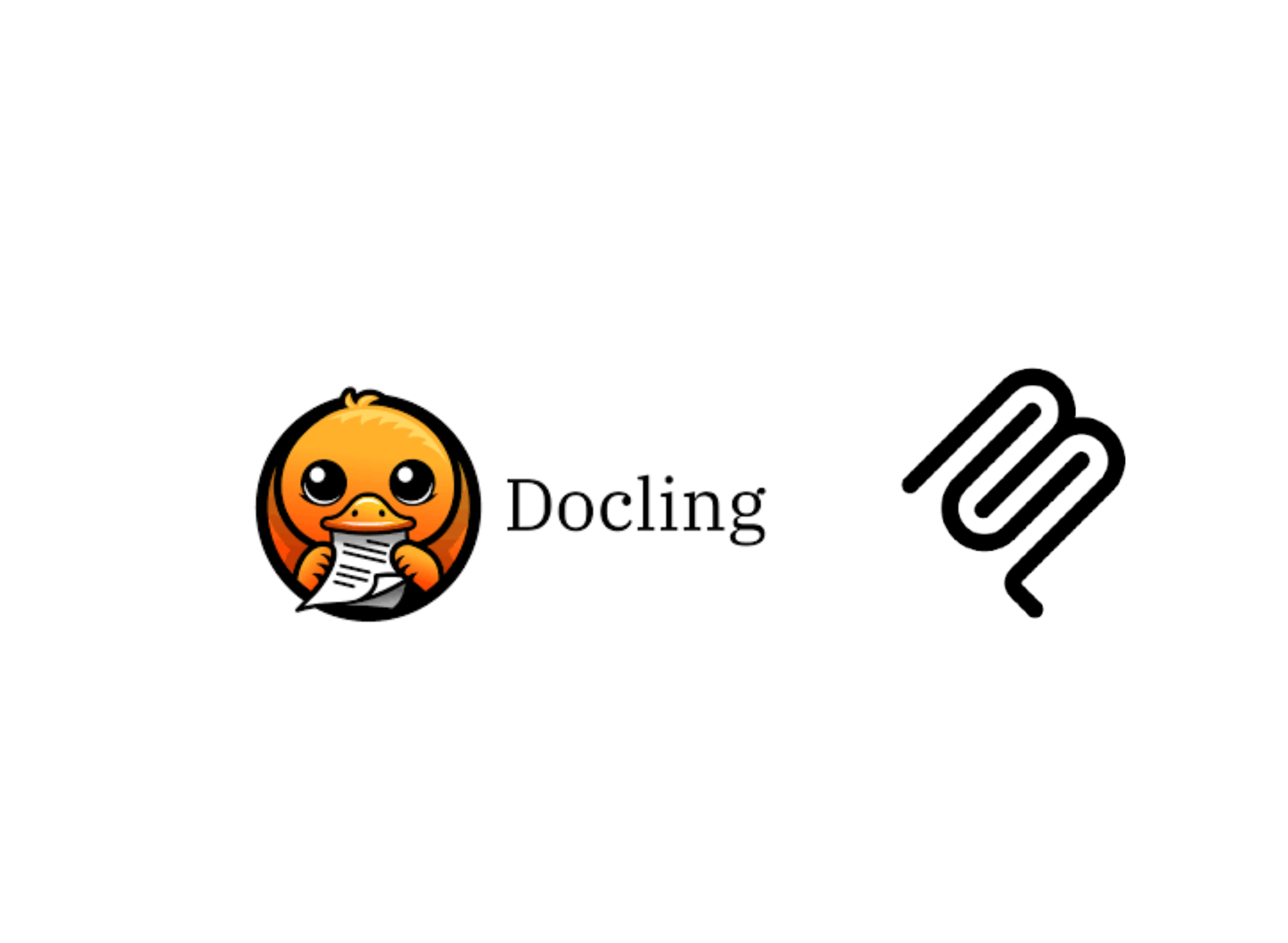Salesforce MCP Server: The Secure Gateway for Enterprise AI
An enterprise-grade, serverless MCP server that provides secure, authenticated access to Salesforce CRM data for AI agents, built on a foundation of OAuth 2.0, PKCE, and Cloudflare Workers.
A production-ready, containerized FastAPI service that allows AI agents to read and understand complex PDF documents by converting them into structured data.

Your AI is brilliant. It can strategize, write code, and talk to APIs. But show it a PDF, and it goes blind.
All your company’s most valuable knowledge—invoices, reports, contracts, spreadsheets—is locked away in formats an AI can’t read. You’re asking a genius to work with one hand tied behind its back. You can’t build truly autonomous agents if they can’t access the same documents your team relies on every single day.
The real problem isn’t your AI. It’s the lack of a system that can reliably see and interpret the real world of business documents.
You don’t need to teach your AI how to parse a PDF. You need to give it a tool that does it flawlessly every time.
This project delivers that tool: a high-performance, containerized API that acts as the eyes for any AI agent. It’s not just a file converter; it’s a robust bridge between unstructured PDF documents and structured, AI-readable text. It allows an AI to read, understand, and act on information from any PDF document.
Here’s the framework that makes it work.
An AI needs to read whatever you throw at it. This API is built on the powerful Docling library to handle the messy reality of business documents with precision.
This is the key. This API was built for agents, not just humans.
Using the Model Context Protocol (MCP), it exposes its capabilities as simple, intuitive tools an AI can use directly. There’s no need for the AI to understand REST APIs or file uploads.
convert_document: The workhorse tool. The AI can provide any PDF file and get clean, structured data back.convert_document_from_url: This is a superpower for autonomous agents. The AI can now read and process PDFs directly from anywhere on the web, without needing a separate download step.This is how an AI moves from a conversational chatbot to a proactive research and analysis engine.
A critical tool needs a rock-solid foundation. This entire system is engineered for deployment in serious, scalable environments.
Dockerfile means you can run it anywhere—locally, on-prem, or in any cloud—with perfect consistency.deploy-to-cloud-run.sh script provides a repeatable, one-command process for deploying to Google Cloud’s powerful serverless platform.This project solves a fundamental bottleneck in AI automation. It provides a reliable, scalable, and easy-to-deploy solution that gives your AI the simple, powerful ability to read.
It’s a foundational component for building the next generation of agents that can operate with the same information and context as their human counterparts. It’s not just an API; it’s the bridge between your AI and the world of real business data.